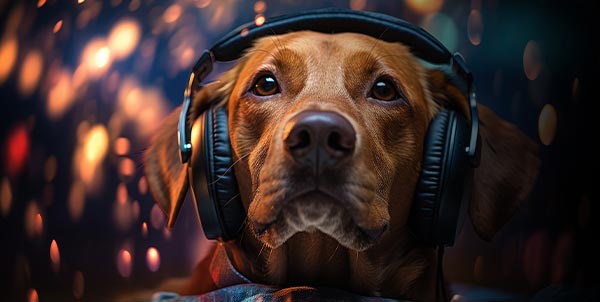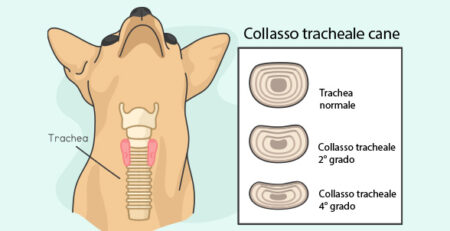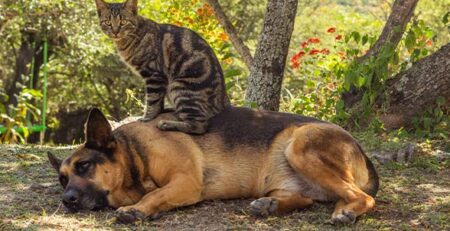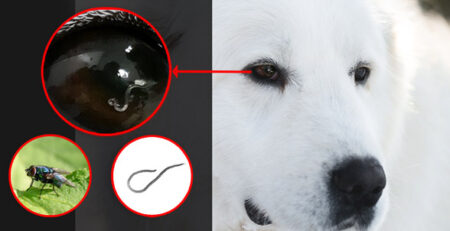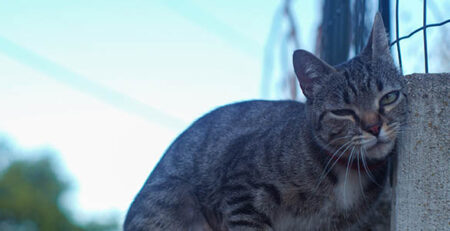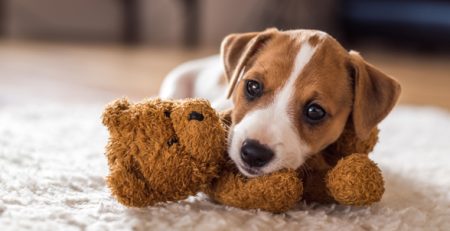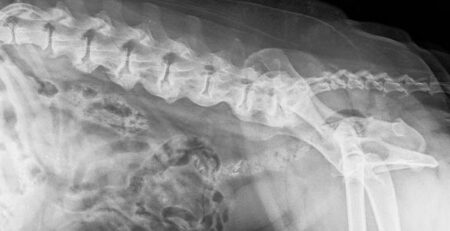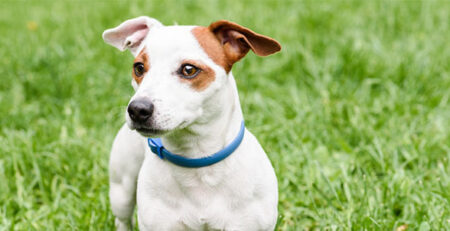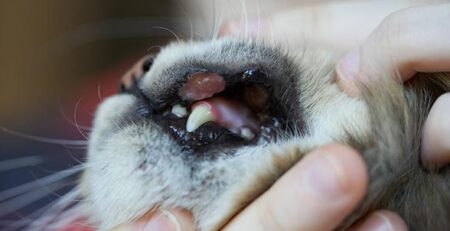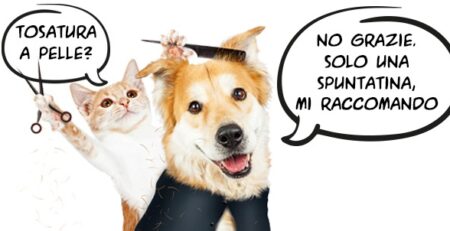Table of Contents
Fireworks can scare dogs and cats to death. If you want to prevent your four-legged dog from bursting its heart or escaping without ever returning, here’s how to protect it.
Fireworks are such a source of stress for dogs and cats that they can even cause their death. How to protect our four-legged friends?
The fear caused by sudden, deafening noises such as fireworks explosions is truly devastating to animals
Dogs and cats, and all animals in general, possess highly developed and delicate auditory apparatuses and have a greater audible range than humans.
Basically, if a human being has hearing with a perception between 15 hertz of infrasound and above 15,000 hertz of ultrasound, dogs and cats are between 60,000 and 70,000 hertz.
So a noise that is barely audible to us at a distance of 4 meters is clear and crisp to a dog that is 25 meters from the same source.
Fireworks explosions scare dogs and cats and cause them apprehension and discomfort
The violent, sudden and deafening noises of fireworks cause fear and anxiety.
Fear, in animals as in humans, is the emotional response to impending danger.
It is basically a condition of severe apprehension that also causes physical discomfort.
When fear becomes paralyzing, it is called a true phobia
Phobia goes beyond fear: it is a feeling of intense, disturbing, devastating, and invincible terror.
It can be provoked by objects or situations that should not usually frighten or worry much but that, in limited and circumscribed cases, provoke disproportionate reactions.
How does the fear caused by fireworks manifest itself immediately in dogs and cats?
To recap, there are many fear behaviors in dogs and cats that occur from exposure to intense and unexpected noises such as fireworks. Initially:
- Tremor
- Hypersalivation
- More frequent breathing
- Pupil dilation
Also:
- Propensity to hide and run away
- Compulsive barking
- Aggressive reactions
- Repeated yawning
- Food refusal
- Continued call for attention
What, however, are the long-term consequences of fear and phobia?
Well, fear and phobia not only intensify over time but sometimes multiply and generalize to an ever-growing list dl stimuli and contexts.
Unfortunately, some humans mistakenly believe that anxious or phobic dogs get better with time and hope for a spontaneous resolution of the problem.
As is well known, however, it does not work that way.
So it is good to rely on the care of a Veterinary Behaviorist Physician to set up a program of “
desensitization and counterconditioning
” toward the phobic stimulus.
In addition, some phobic responses on the part of the dog are so intense and ingrained that pharmacological support must be used in conjunction with behavioral therapy.
Practical tips to protect dogs and cats from fireworks
- Take it as far away from the festivities as possible or plan an out-of-town trip to spend New Year’s Eve away from urban centers and sudden loud noises
- Always keep your dog on a leash during walks to avoid escapes dictated by fear. Anticipate the evening walk to early afternoon
- Do not leave it in the garden or keep it tied up. Accommodate it in the house even if it habitually lives outside: doing so makes it impossible for it to escape.
- Let him take refuge wherever he prefers in the house, even if it is a place that is normally “forbidden” to him
- Keep the volume of the radio or television high so that the sound of barrels from outside is muffled, close windows, lower blinds, draw curtains
- Stay close to him. Phobic animals may have uncontrolled reactions and injure themselves, so you need to be around them all the time, distracting them with games and treats and showing that there is nothing to worry about
- Avoid do-it-yourself solutions and do not administer tranquilizers-some are even contraindicated and increase the phobic state.
If your dog is known to be an anxious or phobic individual, see your Veterinarian well in advance.
In this regard, we would like to remind you that at La Veterinaria Clinic you can book a consultation with a Veterinary Doctor specializing in Behavioral Medicine to assess your dog or cat’s mental and physical condition.
Veterinary Clinic is always open h24 every day including holidays and with First Aid service from 8 pm to 8 am.
For the joy of seeing them HAPPY

